Mental Health: The Slopes and Summits
Canadian freestyle skier and Olympian Travis Gerrits shares his journey with mental health, as he supports the RBC Race for the Kids.
Q: Can you tell us about your journey with mental health?
A: I remember experiencing symptoms of mental illness for the [majority] of my life; even at a young age of 12, 13 years old I remember not feeling quite right. I’d initially gone to see my family doctor when I was probably 14 or 15 to actually find the right resources and people to help me because I knew I was struggling … It wasn’t until 2014 after the Olympic Games where things got so rough, if you will, that I checked myself into the emergency room and I needed to see a qualified professional in the field of mental health.
Q: How does your mental health translate in your skiing career?
A: For me I can’t associate mental health always with the negative side of things. My personality makeup and the way my mind works have definitely helped me achieve some amazing things in sport, as well as hindered certain [other] aspects.My perseverance and all-or-nothing attitude [is such that] if I want to do my quadruple twisting triple backflip and complete it on snow I’m going to do it … Finding a balancing act in life was working through my mental health issues alongside sport education and family.
Q: Did you always know you wanted to be a professional freestyle skier?
A: Yeah, from a very young age. So Mom put me in gymnastics when I was just two, my mom and dad put a dog leash on me and pushed me down the ski hill on my first pair of skis when I was six, I became a national-level trampolinist before the age of 10 and then I was like, why not just combine all of that stuff together, the acrobatic skills that I’d learned with the skiing skills that I’d built up over the years, and do flips on skis — why not?
Q: What sort of reaction did you get when you initially announced your diagnosis, and how has it been since then?
A: It was interesting because as an RBC Olympian now I had come out with the fact that I struggled with mental illness before RBC and I decided to partner, and initially I was worried [what they would] think of that, of being with an athlete who advocates for mental health. And it’s so refreshing to see RBC work for the Race for the Kids coming up and in support of not just mental health but especially youth mental health as well. I’ve seen the work that they’re doing and the success stories that come out of these projects and it’s second to none in their care.
Q: How are RBC’s Race for the Kids and Sunnybrook’s Family Navigation Project able to raise awareness and create support for mental health?
A: What’s amazing about RBC helping fund Sunnybrook’s Family Navigation Project is really their focus on the entire family, so it’s not just the care and resources for that one individual who needs help but it’s [also for] that support system that comes with them. Family are often your first line of identifying crisis or shedding light on a situation where that individual may not have the clearest mind to identify what they’re going through. That support system at home comes from the support of races like the RBC Race for the Kids, and it’s great to be associated and partnered with an organization that you can get behind because you know they’re doing the right thing.
“Know that you can still be successful and achieve any goals or dreams that you have by working through any struggles you’re having with the right support system”
Q: What advice would you give to those dealing with their own mental health challenges?
A: No matter what you’re struggling with, whether it’s mental health or physical health, it doesn’t always have to be seen as a negative; it most definitely helped me in certain aspects of my skiing career that led me to a silver medal at the World Championships and seventh place at the Olympic Games. And know that you can still be successful and achieve any goals or dreams that you have by working through any struggles you’re having with the right support system.
Q: How do you feel you can become the best version of yourself?
A: I think it’s a never-ending process; to continue to better yourself should be the end goal of everyone, it’s tough … I’m still in a learning process [myself]; we don’t all have the answers right away.
Q: What are a few things that you enjoy doing in your free time?
A: My dad and I are doing a lot of fishing this summer, I’ve had my most recent knee surgery and I wanted to take the summer and really just focus on getting healthy … I also started working with my dog Tia, she’s a chocolate Old English bulldog, offering therapy services in old-age homes, hospitals — it’s all charity and volunteer work, but it gives me purpose as well.
Q: What goals do you have moving forward?
A: I’d like to just stay positive and keep working toward just health itself. Finding the right people to talk to [is crucial], and if I can encourage even just one person through speaking out about my own struggles to get the help they need, that would be worth it to me.
support.rbcraceforthekids.ca
www.travisgerrits.com
www.instagram.com/travisgerrits
Interviewed By Victoria Scott
Photography By Carlos A. Pinto and Kevin van Paasen
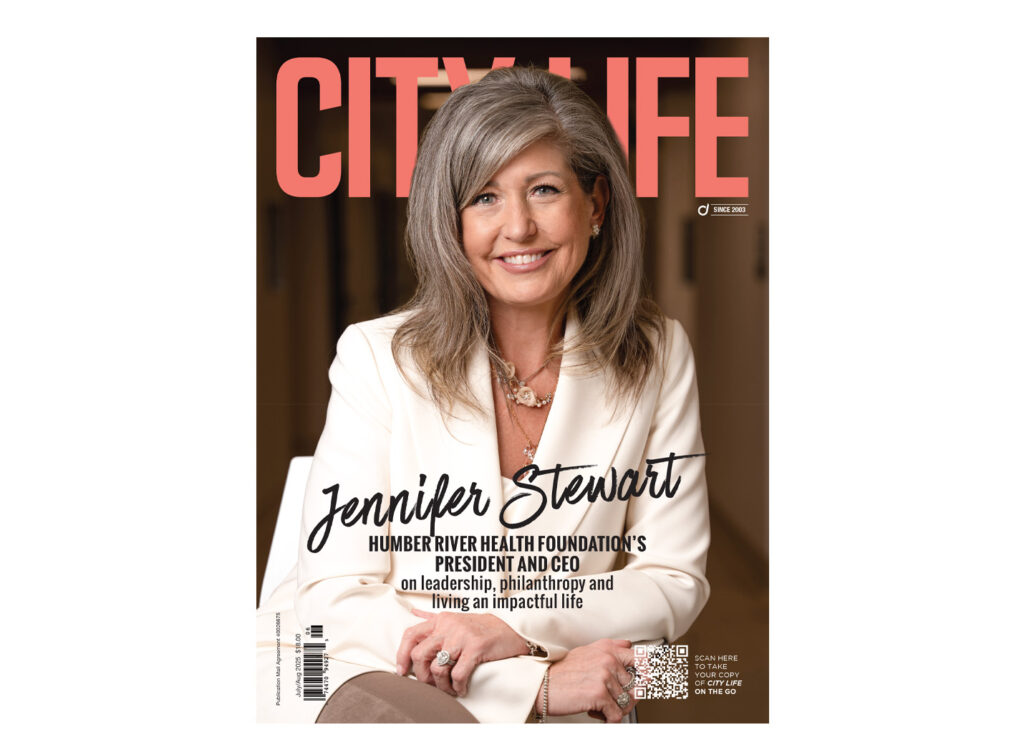








































































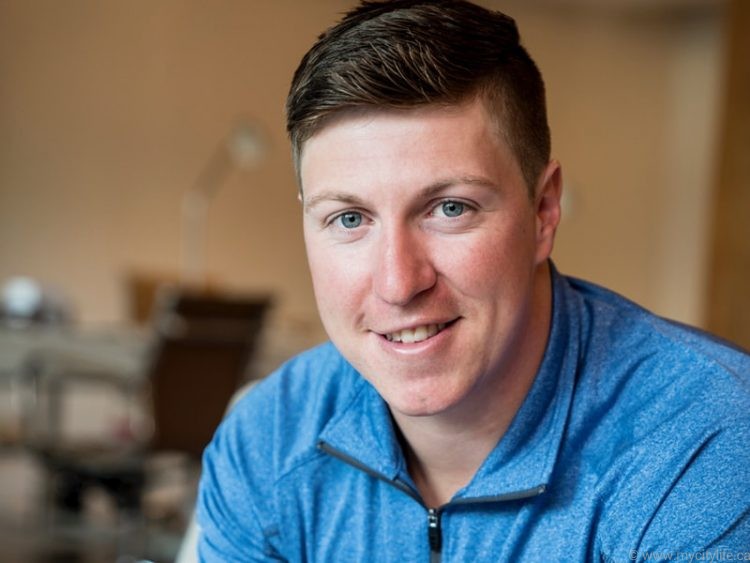
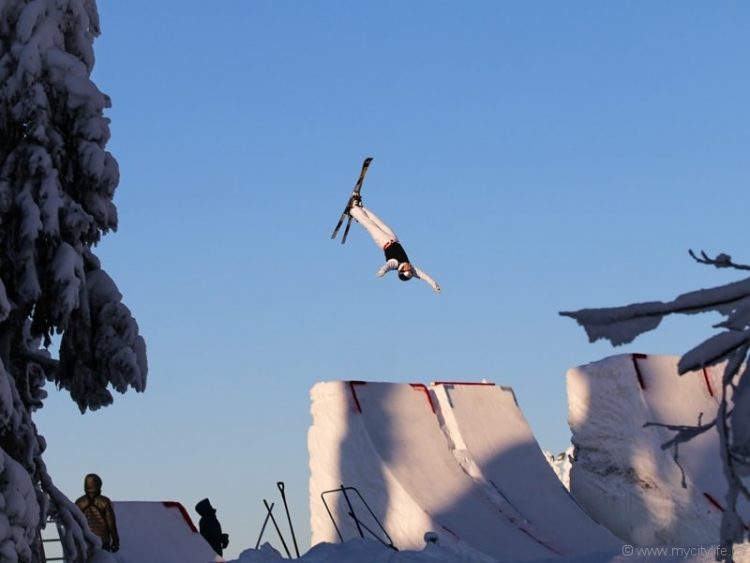
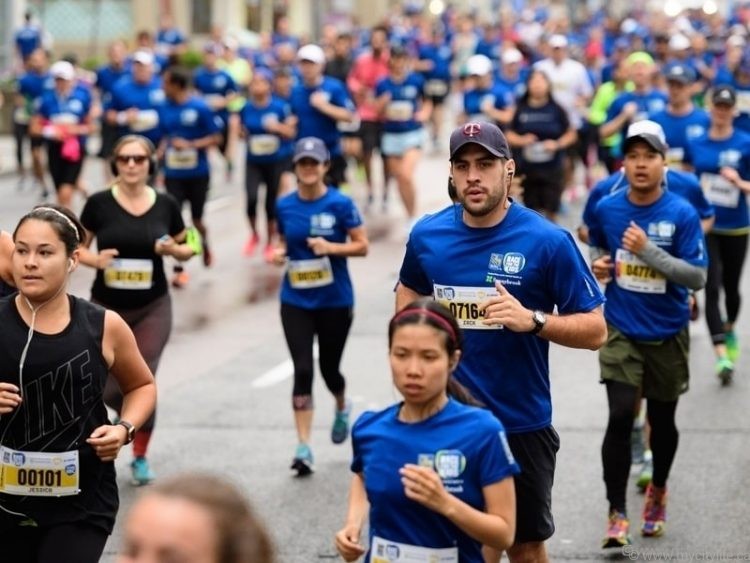
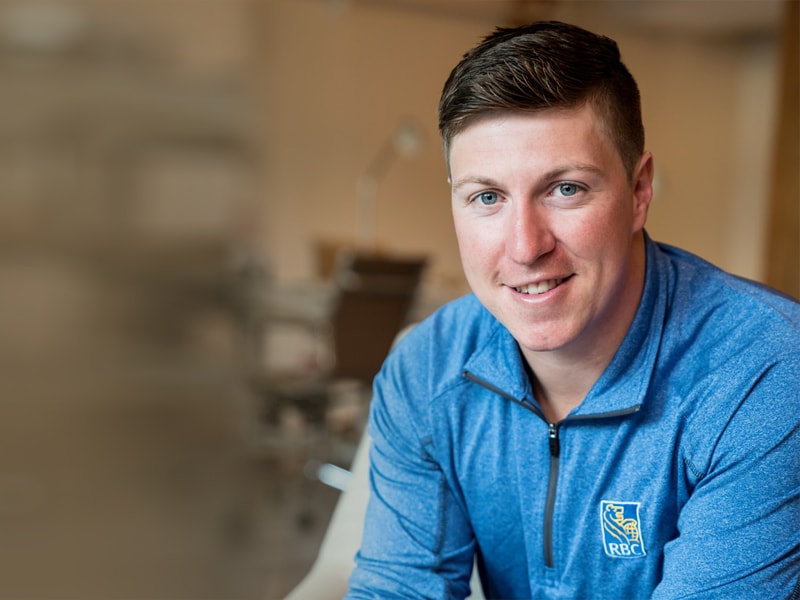


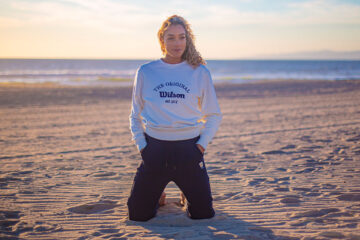
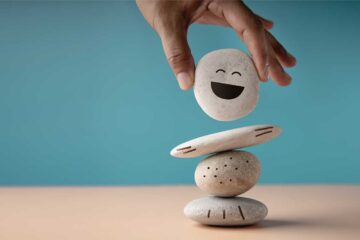
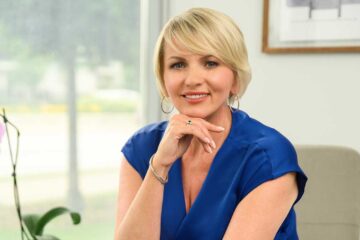

No Comment